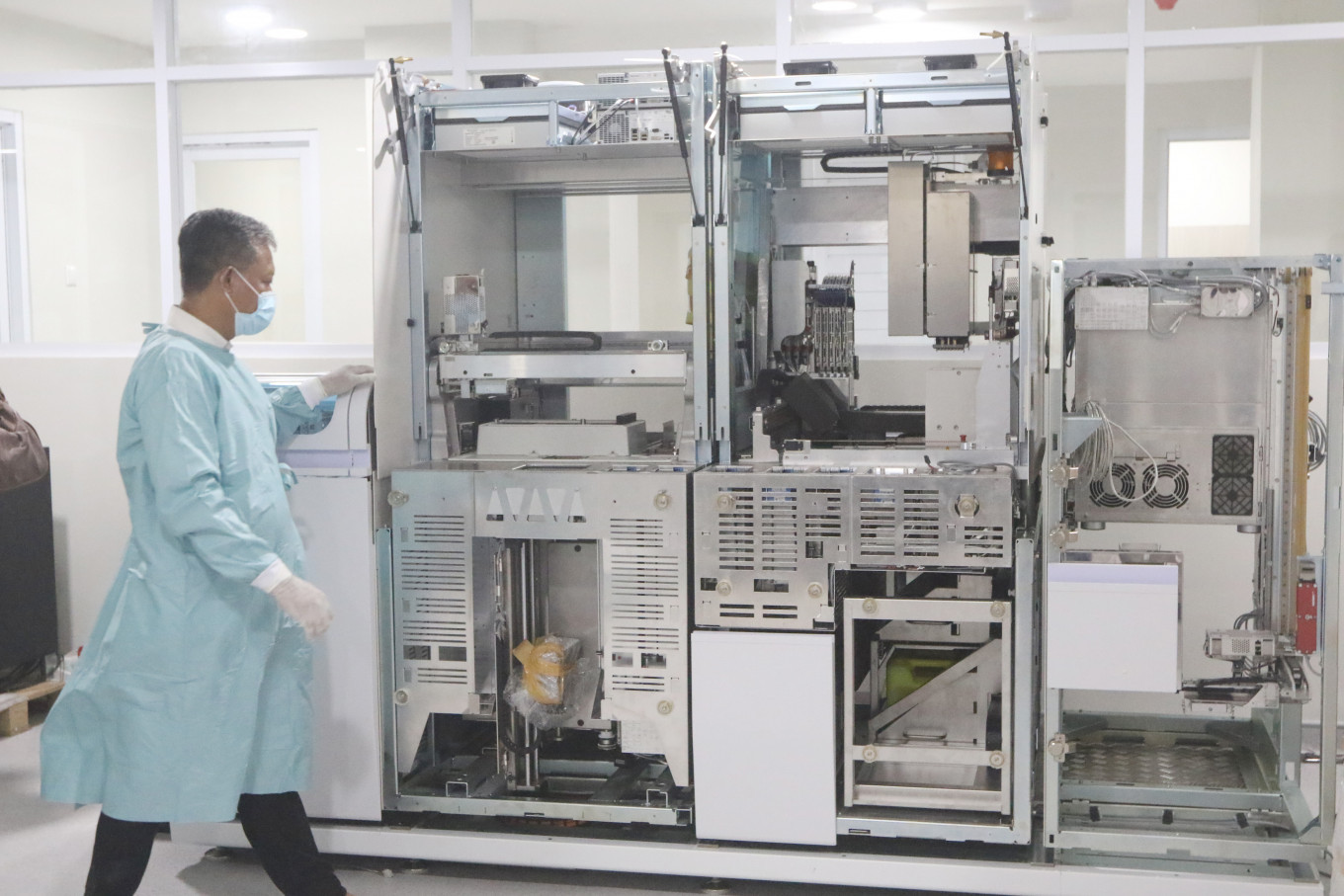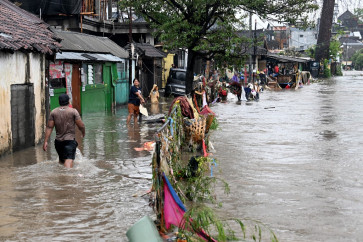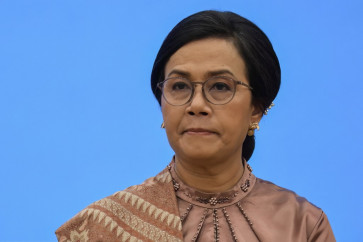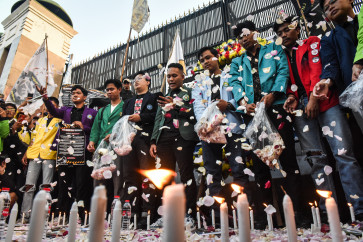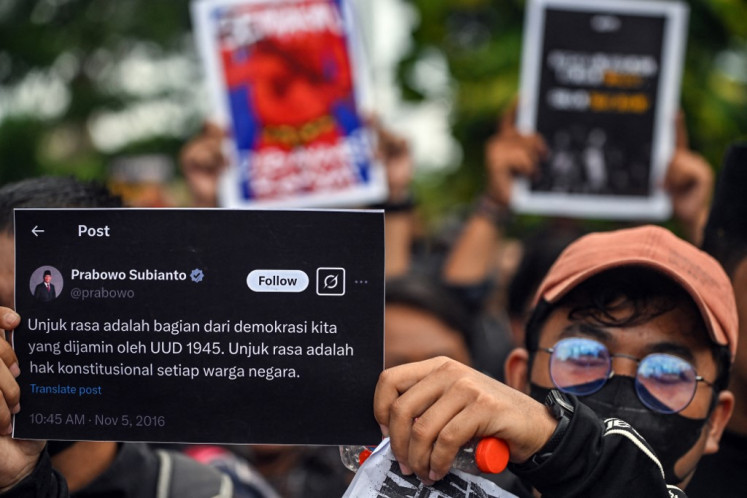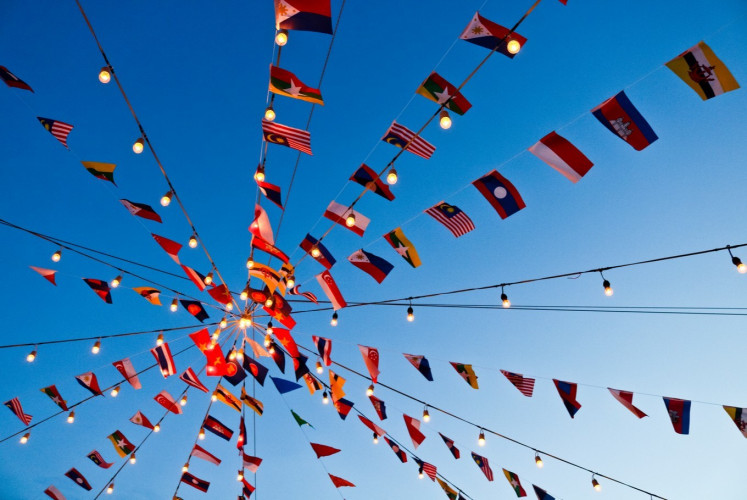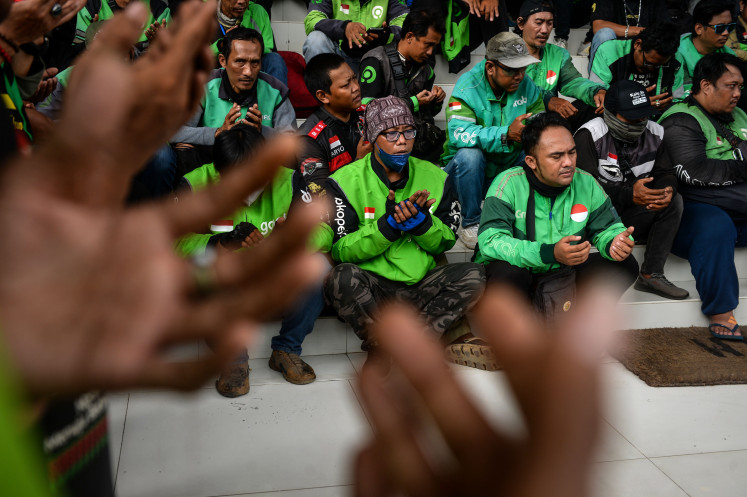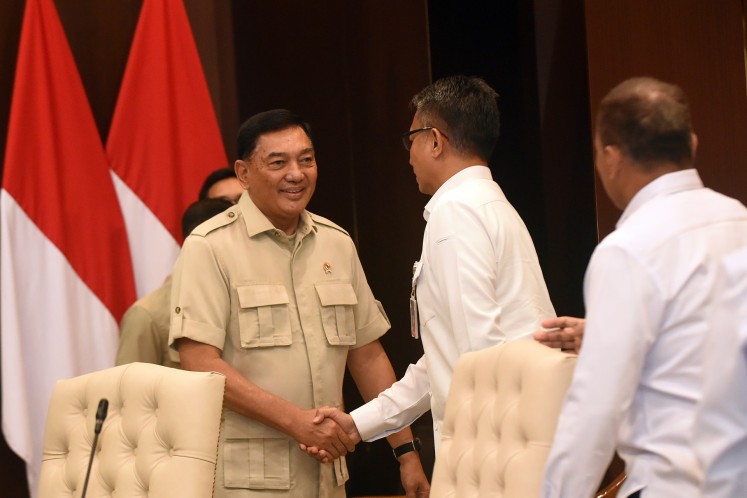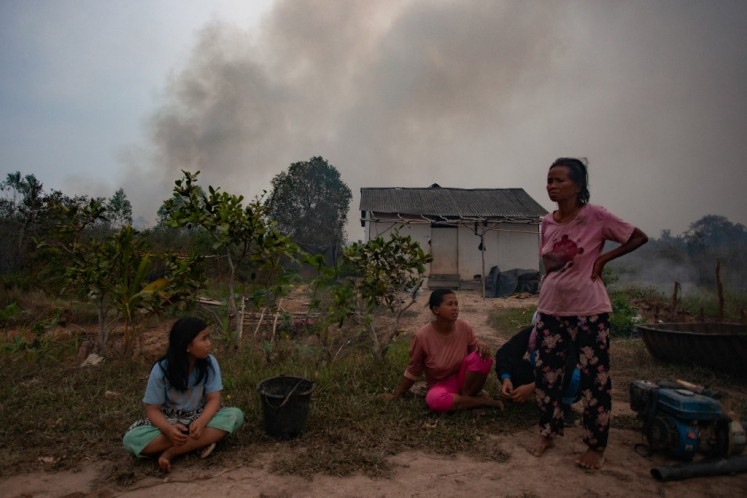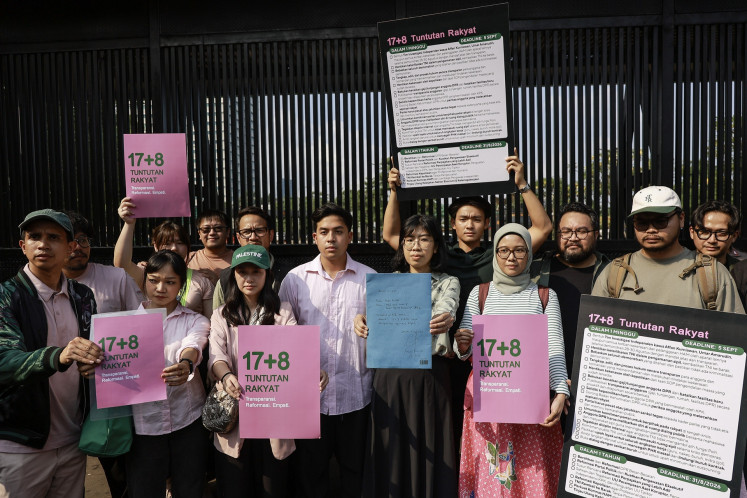Popular Reads
Top Results
Can't find what you're looking for?
View all search resultsPopular Reads
Top Results
Can't find what you're looking for?
View all search resultsLearn from past, present generations for safe return from COVID-19
Though signs are that the coronavirus is forcing cultural change and disruption, many studies have shown that human minds are resilient when coping with crises.
Change text size
Gift Premium Articles
to Anyone
I
nternational World Health Day was commemorated on April 7. Health comprises physical and mental wellbeing. However, looking after mental wellbeing, such as stress and anxiety during this disruption could be more challenging than physical wellbeing.
Ever since the “stay at home” policy began in many nations, people started to complain and express fear of several risks; the fear of losing something of value -- resources, money and security, or fear of losing power, control, comfort zone and the most precious – our life.
For an indefinite period of time, you do not have to interact physically with colleagues, as your personal and professional activities take place inside the house. People worry about sustaining means of living, and worry of not being able to provide food on the table, or to pay monthly rent. Migrant workers and refugees worry about risk of returning to home countries.
Alone in self-quarantine, managing difficult feelings during the outbreak could be demanding. This is an uneasy transition for everyone. The novel coronavirus is enhancing what is already inside each person. A quiet person may become more restrained. Enthusiastic types might become more optimistic. If you are careless, you could become more reckless. Suppose you are impulsive, you could become more reactive. The worrisome could be more anxious than ever.
But apart from anxieties, a global solidarity movement is emerging from COVID-19. People across the world have created popular slogans spread across cyberspace, essentially saying, “We are all in this together”. The health professionals who cannot stay home continuously gain admiration for their dedication and hard work.
The difference between the coronavirus pandemic and previous pandemics is that this is the first pandemic in the era of social media. The American Psychological Association has reported that millennials experience more stress and anxiety, and are less able to manage mental wellbeing than any other generation before them.
Misinformation about the disease has spread faster than the virus. Therefore while the candidate vaccine is on the way, we need to bolster our immune system, pull ourselves together and unite to get over the COVID-19.
If you are terrified of losing your competence during and after the outbreak, you can look up leaders and role models from different generations, on what their experience can offer in lessons on dealing with crises, be it crises related to personal predicament, teamwork, local emergencies or national catastrophes. Not legendary leaders, but common leaders from among ordinary people, who turned out to have extraordinary impact.
When anxiety threatens to take over and enthusiasm reaches pit bottom, we might recall the quotes long ago from the explorer Ernest Shackleton. He supposedly put up an advertisement in the London Times, seeking tough recruits for his 1914 Trans-Antartic expedition team, offering “Small wages, bitter cold, long months of complete darkness. Constant danger, safe return doubtful. Honor and recognition in case of success”.
Shackleton lived through the influenza pandemic and later the American polio epidemic (1916-1922). His forebears were from the “New World generation” of emigrants to the Americas. They lived in large families, before the era of antibiotics, insulin and penicillin, which we consider essential today and are available over the counter. That generation was known to be civic minded with strict gender roles, and oriented to stability and predictability.
The millennial generation emerges 100 years later – digital natives and virtual global citizens. One of them is Tirta M. Hudhi, a young physician from Gadjah Mada University (UGM) in Yogyakarta. After a few years working as a general practitioner in a hospital emergency unit for two years, he decided to be an entrepreneur. Recently, he became quite popular, though controversial, with over 1 million followers on Instagram, and has raised funds to support efforts in the pandemic.
Though signs are that the coronavirus is forcing cultural change and disruption, many studies have shown that human minds are resilient when coping with crises. Indonesians have proven outstanding resilience in dealing with continuous disruptions ranging from diverse natural catastrophes. Most likely Indonesians will be able to cope and thrive with this pandemic as well.
Let us hope we all become well-prepared for the next stage of early recovery when this storm ends. Our survival would be our own “honor and recognition in case of success.”
***
Anthropologist and complex systems thinking researcher; a fellow of East West Center Association and former Ford Foundation fellow on global health, gender, migration and human trafficking.

